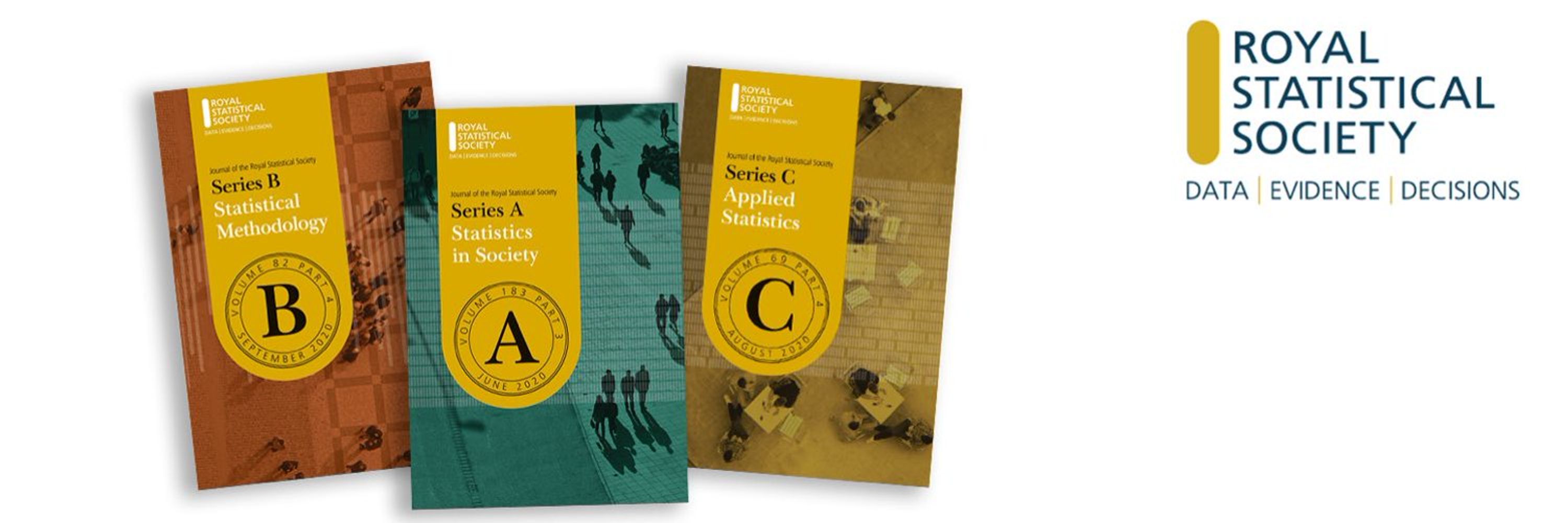
academic.oup.com/jrsssa
If you would like to nominate yourself, please send a short note to Mike Elliott (again, details at the link) with a CV by 31st October 2025.
If you would like to nominate yourself, please send a short note to Mike Elliott (again, details at the link) with a CV by 31st October 2025.
Latent variables
Multivariate modes
Machine learning
Network analysis
Causal inference
Missing data
Confidentiality
Spatial statistics
Categorical data analysis
Infectious disease
Genomics
Econometrics
Sports statistics
Business management
Latent variables
Multivariate modes
Machine learning
Network analysis
Causal inference
Missing data
Confidentiality
Spatial statistics
Categorical data analysis
Infectious disease
Genomics
Econometrics
Sports statistics
Business management




Data and Code are here : github.com/yuzhouguangc...

Data and Code are here : github.com/yuzhouguangc...



(cran.r-project.org/web/packages...)

(cran.r-project.org/web/packages...)




